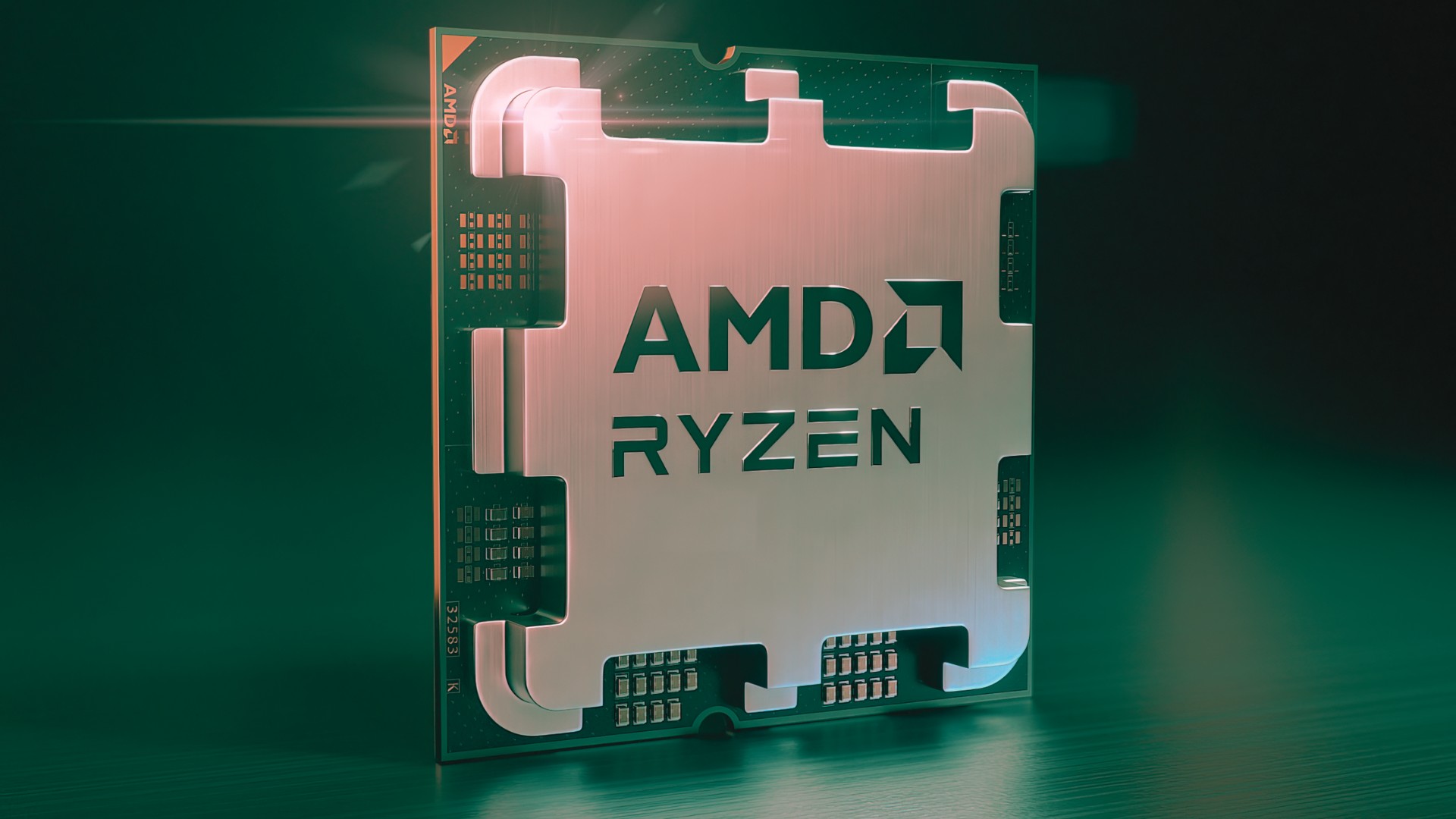
A newly discovered security flaw dubbed 'Sinkclose' has sent shockwaves through the tech world, potentially affecting hundreds of millions of AMD processors dating back to 2006. Cybersecurity firm IOActive unveiled the vulnerability on August 10, 2024, prompting AMD to release patches for newer CPU models while leaving older ones unprotected.
The Nature of the Threat
Sinkclose exploits a feature called 'TClose,' which AMD uses to maintain CPU compatibility. This vulnerability allows malicious actors to execute code in the System Management Mode (SMM), a critical area responsible for power management, hardware control, and system security.
While AMD downplays the risk, comparing it to breaching a heavily fortified bank vault, IOActive researcher Enrique Nishim warns that the threat is very real. He argues that vulnerabilities granting kernel-level access exist in all systems, making Sinkclose a practical tool for attackers.
Implications for Affected Systems
Systems compromised by Sinkclose may harbor malware that evades detection by standard antivirus software. More alarmingly, on PCs without proper implementation of AMD's Platform Secure Boot (PSB), even a complete operating system reinstallation may not remove the infection.
AMD's Response and Criticism
AMD has released patches for its newer CPU models to mitigate the Sinkclose vulnerability. However, the company has decided not to update older processors, including the Ryzen 1000, 2000, and 3000 series, as well as the Threadripper 1000 and 2000 series. These products are now classified as "out of software support" and will not receive security updates.
This decision has drawn criticism from industry experts. Arjun Chauhan, a senior analyst at Everest Group, argues that AMD's stance could erode customer trust, especially considering many businesses still rely on these older chips. He suggests that this move might push companies towards competitors offering longer support lifecycles for their products.
What Users Can Do
While AMD works on addressing the issue for supported processors, users of affected systems should remain vigilant. Keeping software and operating systems up-to-date, using robust security practices, and considering hardware upgrades for critical systems running on unsupported processors are recommended steps to mitigate potential risks.
As the tech community grapples with the implications of Sinkclose, this incident serves as a stark reminder of the ongoing challenges in maintaining long-term security for computer hardware.